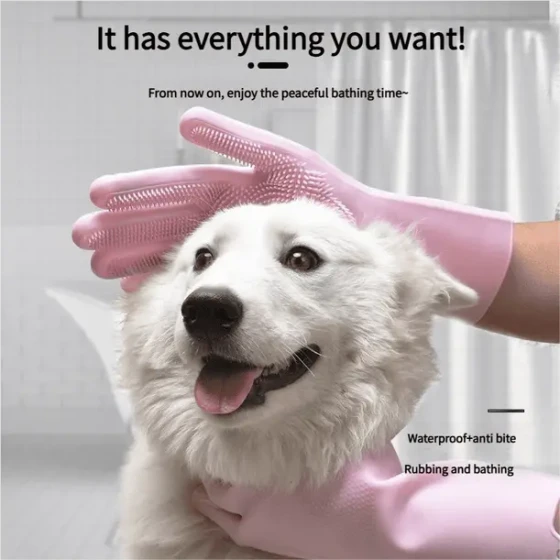How to Train Dogs That Are Aggressive
Nowadays, more and more people are starting to raise dogs, but during the process, many problems are encountered, such as how to train dogs that are aggressive? This is also a concern for many friends. Some highly aggressive dogs often bite others or bark frequently. To change these bad habits, training is needed to achieve results. Below, let’s learn about the related training methods together.
1. Correct the biting habit

How to train dogs that are aggressive? First, we need to correct the dog’s habit of biting. When training the dog, if the dog bites the owner, we must immediately reprimand it sternly. Whether it is a small or medium-sized dog, if the dog is not obedient, it could cause harm to the owner or others. Thus, holding the dog’s chin or making a sharp sound to scold the dog are effective methods. After reprimanding, praise the dog when it calms down.
2. Correct the barking habit
Some dogs like to bark continuously. At this time, we also need to scold them. Generally, we can warn them by pulling the leash upwards or lifting their chin to warn the dog. These are good ways. If the dog listens and stops barking, it must be immediately verbally praised. This method can improve the dog’s memory of the training and make it more active in completing your training. Without praise, just scolding alone might cause the dog to not remember the lesson.
3. Correct the jumping habit
Some dogs like to jump on strangers, especially when going out. Although their intention may be playful with no malice, it may frighten or harm others. So it is necessary to correct this bad habit promptly. Once such tendency appears, the dog should be reprimanded, and it can be trained to play in a lying position. Also, avoid letting the dog sniff strangers. If this happens, the owner must strictly scold it.
The above are methods on how to train dogs that are aggressive. Have you learned them? Actually, whether the dog intends to harm others or not, strict prohibition of such behavior at all times is necessary to prevent more serious situations.



